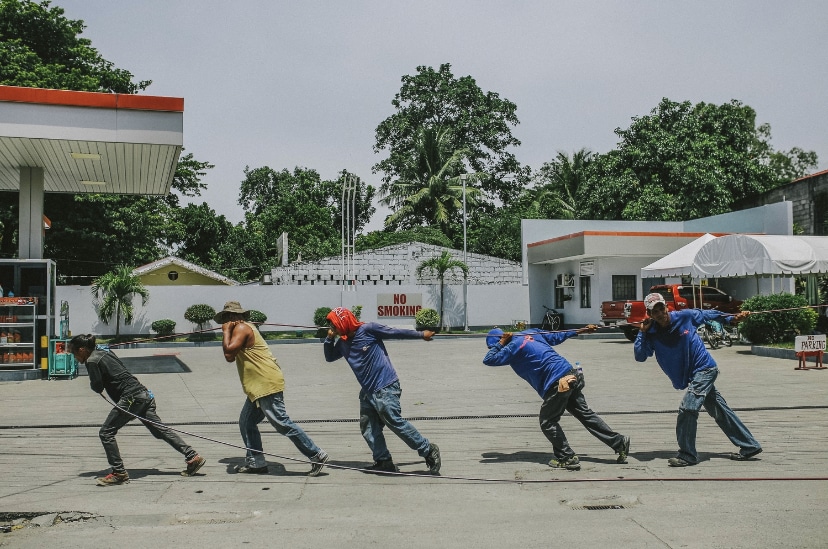THINGS do not seem to be looking well for many workers across the globe this year due to poor economic conditions resulting from geopolitical tensions and uneven recovery from the pandemic.
Many workers are likely to accept lower quality and poorly paid jobs that offer few benefits and protection because of the struggling economy, according to a report from the International Labour Organization.
The ILO expects global employment to slow down to 1 percent this year, from 2.3 percent in 2022.This means the gaps that the pandemic caused are not expected to be closed in the next two years, it said.
Global unemployment is also expected to rise slightly by 3 million or 5.8 percent, and this could be attributed to the tight labour supply in high-income countries.
Quality of work
The ILO said job quality remains a key concern, as the ILO said many people who can’t afford not to have a job accept low pay insufficient hours just to earn something.
“The projected slowdown is therefore likely to force workers to accept jobs of worse quality than they might enjoy in better economic conditions,” it said.
The value of what they earn may dwindle, too.
“Furthermore, with prices rising faster than nominal wages, workers will experience rapidly declining disposable incomes even when they can keep their current job,” it said.
Asia and the Pacific
The ILO said a 4.3 percent growth in 2023 is expected, and this has been revised downwards due to the global economic slowdown, rising debt levels, and policy over-reliance on commodity subsidies.
A slowdown in China is also expected to affect growth in the rest of East Asia.
The ILO likewise noted that Southeast Asia and the Pacific are highly dependent on trade in China, which is why China’s economic slowdown could threaten the growth prospects in these countries as well.
But the Philippines, along with Malaysia and Vietnam, showed strong growth in 2022.
Employment growth and quality
The ILO said total employment in Asia and the Pacific grew by 30 million from 2021 to 2022. This is considered slow and could be attributed to China’s restrictive COVID-19 policies that affected the labor market in the region.
It also said the quality of employment is less than ideal for many. Weekly work hours per person remained below the pre-pandemic level, which indicates underemployment, it said.
“It thus appears, as in many other regions, that employment growth as part of the labour market recovery has been driven by people working fewer hours, a circumstance that may correspond to more time-related underemployment, temporary employment, and part-time employment,” it said.
Poor quality employment is likely to grow in a region with relatively low unemployment, it said.
What must be done?
The ILO said there must be a greater focus on social protection for informal workers. This is also important in the ability to sustain future economic shocks.
It noted that many governments worked to expand social assistance at the height of the pandemic, but it was concerned that it may not be sustained.
“Such measures have included extending social protection to informal workers. Nevertheless, limited fiscal space may compromise progress in this regard over the medium term,” it said.








